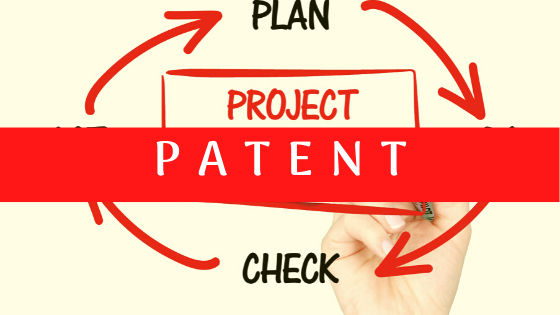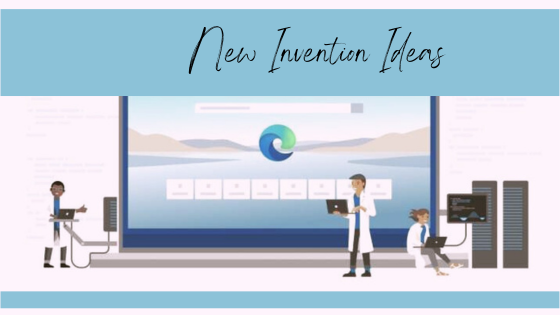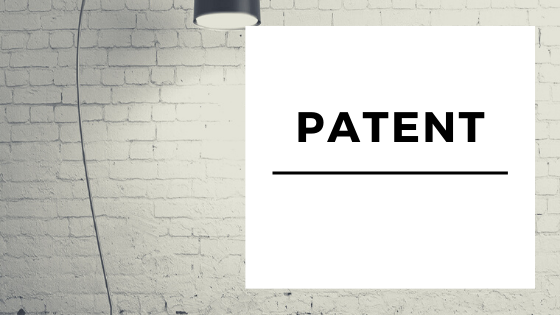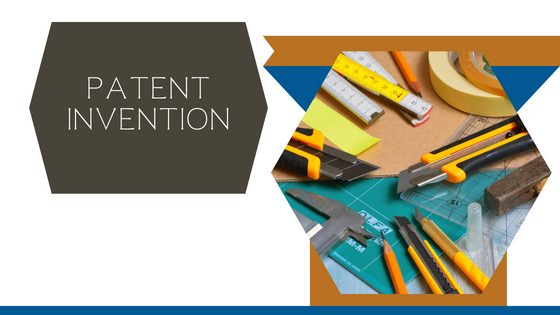Independent inventors and small businesses have helped this country take great strides in innovation. Everyone knows a story about one or two inventors who designed world changing technologies in their garage. Amazon, Apple, and Google were supposedly born in garages. The garage genesis story runs deep in American folklore. And every so often, I get the opportunity to meet an independent inventor with their own “garage” who has a great idea and wants to protect it.
A patent provides a right to exclude others from making and using an invention in exchange for instructions on how the invention is made and used. More specifically, a patent offers an inventor the right to exclude others from making, offering to sell, selling, or using a composition of matter, process, manufacture, or machine that falls within the scope of the claimed invention in the patent. Effectively, a patentee can tell people to get off his or her lawn.
A patent can be a valuable tool for an inventor seeking to bring a new invention to market. For small businesses and independent inventors, bringing an invention to market may require seeking out investors or possible licensees who can provide the capital and/or equipment to effectively monetize the invention. Without a patent (or at least a provisional patent or patent application), openly discussing the invention with others could prove fatal to a growing business. But patents are not always easy to come by as discussed on https://openlab.citytech.cuny.edu/gotconcept/elon-musks-greatest-inventions/.

Patent prosecution (i.e., the process by which a patent is attained) can be expensive. The total costs for prosecuting a patent application, from start to finish, can range in the tens of thousands of dollars.
Inventors need to look beyond merely receiving a patent. Inventors need a plan for harnessing and monetizing their inventions before they have a patent application prepared and filed.
Inventors should begin the patent process by developing a business plan. Preferably, a plan should include at least a description of the market for the invention, an explanation of funding for patent prosecution costs, and a proposal for monetization of the patented goods. Assuming a market exists, how will the patented goods reach the market?
By developing a business plan, an inventor can determine if patent protection is a sound business decision. Perhaps the inventor does not have the capital to invest in patent prosecution. Perhaps, regardless of the patentability of the invention, no market exists for the resulting patented products. A savvy inventor should consider these issues before filing a patent application as explained in https://blog.chron.com/frugalconfessions/2020/03/how-much-can-you-make-from-patenting-your-idea/ post.
A patent can be a valuable asset. However, inventors should stop and consider whether a patent is a sound business decision before filing a patent application.





